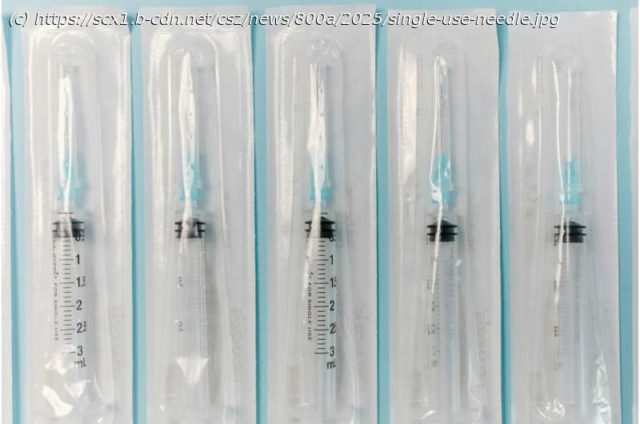Every product we touch has a footprint. A phone, a fridge, a hospital syringe. Each begins and ends in the same place: the planet’s resources.
Every product we touch has a footprint. A phone, a fridge, a hospital syringe. Each begins and ends in the same place: the planet’s resources.
The EU’s recent ecodesign for sustainable products regulation aims to break the cycle of take, make, waste by forcing manufacturers to think circularly. Products will need to last longer, be easier to repair and feed back into the economy instead of the landfill.
It represents a major shift for most industries. But for health care, where safety and sterility come first, it could be revolutionary.
The health care industry is responsible for roughly 4.4% of global carbon emissions, with 71% coming from the production, provision, and disposal of medical technology (medtech) products and services.
In the UK alone, the NHS generates approximately 156,000 tonnes of waste each year from hospitals and specialist clinics, equivalent to more than 5,700 40ft containers. Up to 90% of such waste comes from single-use disposable products or components.
Although medical products are included under the ecodesign regulation, the rules will only apply where patient health and safety are not compromised. Products that pose a risk to patients, such as those where infection, contamination, or reduced effectiveness could occur, may be exempt.
But are considerations for human health and environmental protection really at odds with one another? Or can we expand the principle of « do no harm » to include the planet itself?
In the US, climate commitments are being rolled back.






